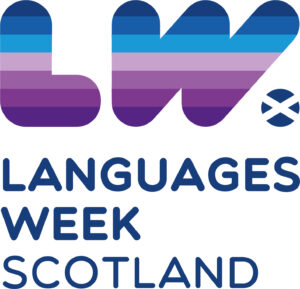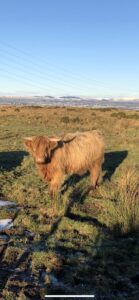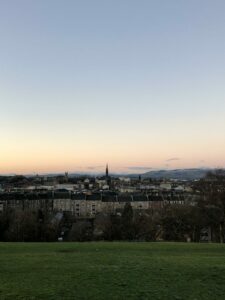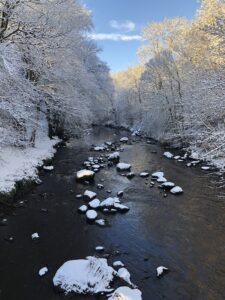 If you are thinking about spending a semester at one of our partner universities in Scotland, then please hurry. It is still possible to study and/or work in the UK with Erasmus funding – but only until spring 2023! Two more years then before the UK and thus Scotland will no longer be part of the EU Erasmus scheme.
If you are thinking about spending a semester at one of our partner universities in Scotland, then please hurry. It is still possible to study and/or work in the UK with Erasmus funding – but only until spring 2023! Two more years then before the UK and thus Scotland will no longer be part of the EU Erasmus scheme.
No changes to Erasmus funding (yet), but Post-Brexit new visa und health insurance regulations have come into force. We have compiled a list of the most important things you will have to consider for your studies and internships in Scotland.
We will no longer send you to one of our Scottish partner universities for more than 6 months.
For if you are enroled as a student for less than 6 
months, you will not require visas and can enter the UK with your EU passport (“Reisepass”), which will have to be valid for the whole term of your stay. Your ID card (“Personalausweis”) is no longer valid for entering the UK but you might need your ID card for proof of address. As a short term student, you will no longer be allowed to do paid or unpaid work in the UK.
You can continue to use your European Health Insurance Card (EHIC), which is on the back of your health insurance card, to get access to national health services (NHS). Note that you may not receive all of the services you would receive at home, as the Scottish health system differs from the German one. Additionally, we advise you to organise travel insurance to avoid extra costs. The DAAD provides an insurance package that includes health insurance, accident insurance as well as liability insurance and costs €69 per month.
- Study less than 6 months
- DAAD travel insurance for students
- Information on NHS services for visitors
Study (more than 6 months)
 For a longer stay, you will have to apply for a student visa. You can apply up to 6 months before the start of your term, visas are usually confirmed within 3 weeks. It costs £348 to apply for a student visa from outside the UK.
For a longer stay, you will have to apply for a student visa. You can apply up to 6 months before the start of your term, visas are usually confirmed within 3 weeks. It costs £348 to apply for a student visa from outside the UK.
Make sure to bring your health insurance card, which includes the European Health Insurance Card (EHIC), and don’t forget to organize additional travel insurance to avoid unexpected charges! The DAAD provides an insurance package that includes health insurance, accident insurance as well as liability insurance and costs €69 per month.
- Study longer than 6 months
- Student visa
- DAAD travel insurance for students
- Information on NHS services for visitors
Internships and the GET Programme
Erasmus+ interns as well as our German Educational
Trainees require a Temporary Worker-Government Authorised Exchange visa (T5), which costs £189 for German citizens (£244 for others).
You can only apply for a T5 visa after you have received a Certificate of Sponsorship. Our EU Servicepoint will take care of that once you have been accepted as a GET or an intern in one of our programmes. It will take about 3 weeks to obtain this certificate and is free of charge
But you will have to pay an Immigration Health Surcharge (£470 per year) in order to get access to National Health Service (NHS), even if you have private medical insurance. If you have a visa for less than 6 months, you only have to pay half of the yearly amount. Don’t forget to organise travel insurance: The DAAD provides an insurance package that includes health insurance, accident insurance as well as liability insurance and costs €38 per month.
- Temporary Worker-Government Authorised Exchange visa
- Certificate of Sponsorship
- Immigration Health Surcharge
- DAAD travel insurance for interns
Here are some useful links for more information
General information on Brexit
- EU-UK relations: What changes on 1 January 2021? (A brief summary of the Brexit Trade and Cooperation Agreement that was compiled by the EU)
- EU-UK relations: A new relationship, with big changes (This list provides a good overview over the consequences and benefits of the post-Brexit relationship between the EU and the UK)
Information for students who are planning a semester abroad in Scotland
- Information on Brexit – Eramus+ and the UK (German DAAD website)
- Brexit – What is new for German students and researchers in the UK? (German DAAD website)
- Changes for EU and EEA students at UK universities
- UK-EU Trade and Cooperation Agreement – implications for UK universities
- JGU international office (Information for incoming and outgoing JGU students)





